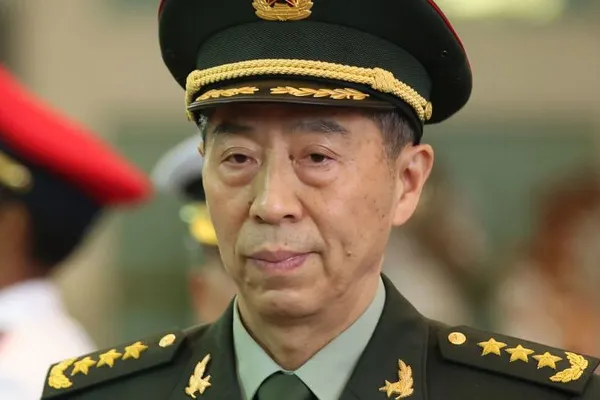The sudden disappearance of China’s Defence Minister, Li Shangfu, amidst a corruption probe has intensified concerns and uncertainty surrounding President Xi Jinping’s rule. This development follows a series of upheavals in the country’s top ranks, raising questions about the stability of leadership in the world’s second-largest economy.
Li Shangfu, the defence minister of China, who was last seen in late August and has missed several meetings, is reportedly under investigation in a corruption probe related to military procurement. This investigation has further contributed to the growing unpredictability within China’s political landscape.
In July, China’s newly appointed Foreign Minister, Qin Gang, also disappeared without a clear explanation, coinciding with an abrupt shake-up of the military’s elite Rocket Force, responsible for overseeing China’s nuclear arsenal.
President Xi Jinping’s inward focus and absence from international events, such as the recent Group of 20 summit in India, have raised concerns among foreign diplomats. This marked the first time that Xi had skipped a global leaders’ gathering during his decade in power.
The lack of transparency surrounding these leadership changes has left many diplomatic observers and analysts puzzled, leading to calls for a closer examination of the true nature of Xi’s regime. The uncertainty surrounding China’s leadership has the potential to affect the confidence other countries place in the world’s second-largest economy.
Drew Thompson, a former Pentagon official and scholar at the National University of Singapore, emphasized the need for “clear-eyed assessments,” stating that China’s political situation poses economic, political, and military risks to the world. He stressed that understanding China’s role as a partner or competitor is crucial.
Li Shangfu’s sudden disappearance and investigation have disrupted the leadership of China’s military diplomacy efforts. As the public face of China’s expanding military outreach, Li had been actively engaged in expressing China’s concerns over U.S. military operations and representing the People’s Liberation Army (PLA) at international meetings.
The ongoing purges and investigations within the Communist Party, whether due to corruption or political motives, have left foreign actors uncertain about engaging with their Chinese counterparts. This uncertainty is concerning as it affects the continuity of policies, including military diplomacy, at a time when China is increasingly deploying forces in the Asia-Pacific region, particularly around Taiwan and disputed areas in the East and South China Seas.
China’s military diplomacy has become increasingly important in managing regional tensions and ensuring open lines of communication with other powers, especially the United States. However, the recent leadership upheavals and lack of transparency in Beijing raise questions about the direction of China’s foreign policy and its commitment to engagement with the international community.
